Education
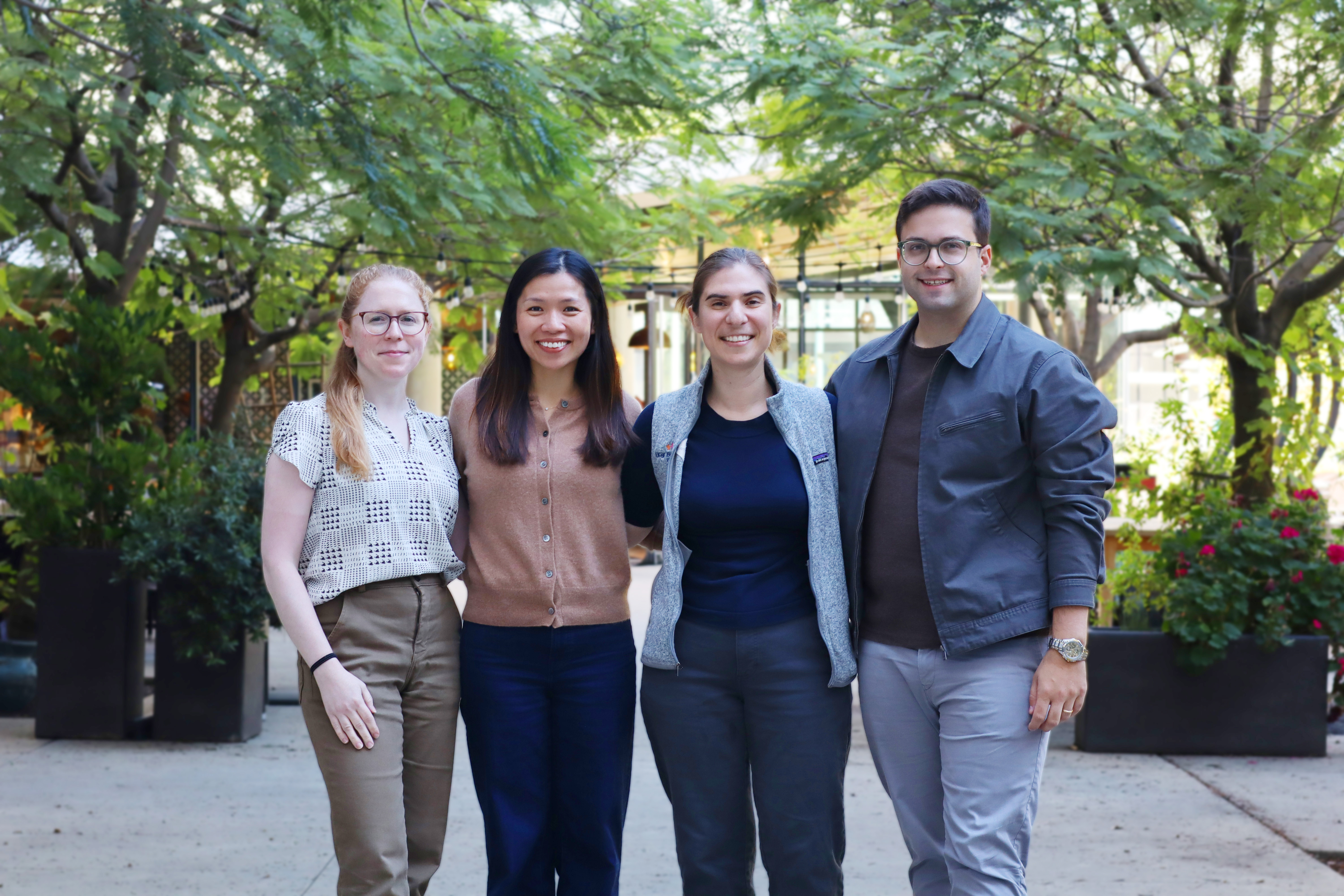
The UCSF Pediatric Infectious Diseases Fellowship program offers world-class training, preparing our fellows for a wide range of careers in clinical practice, research, public health, and beyond. Our unique program is located across two campuses that offer a wide variety of patient care experiences and a diverse array of disease presentations.
Skip to Section:
About the Program
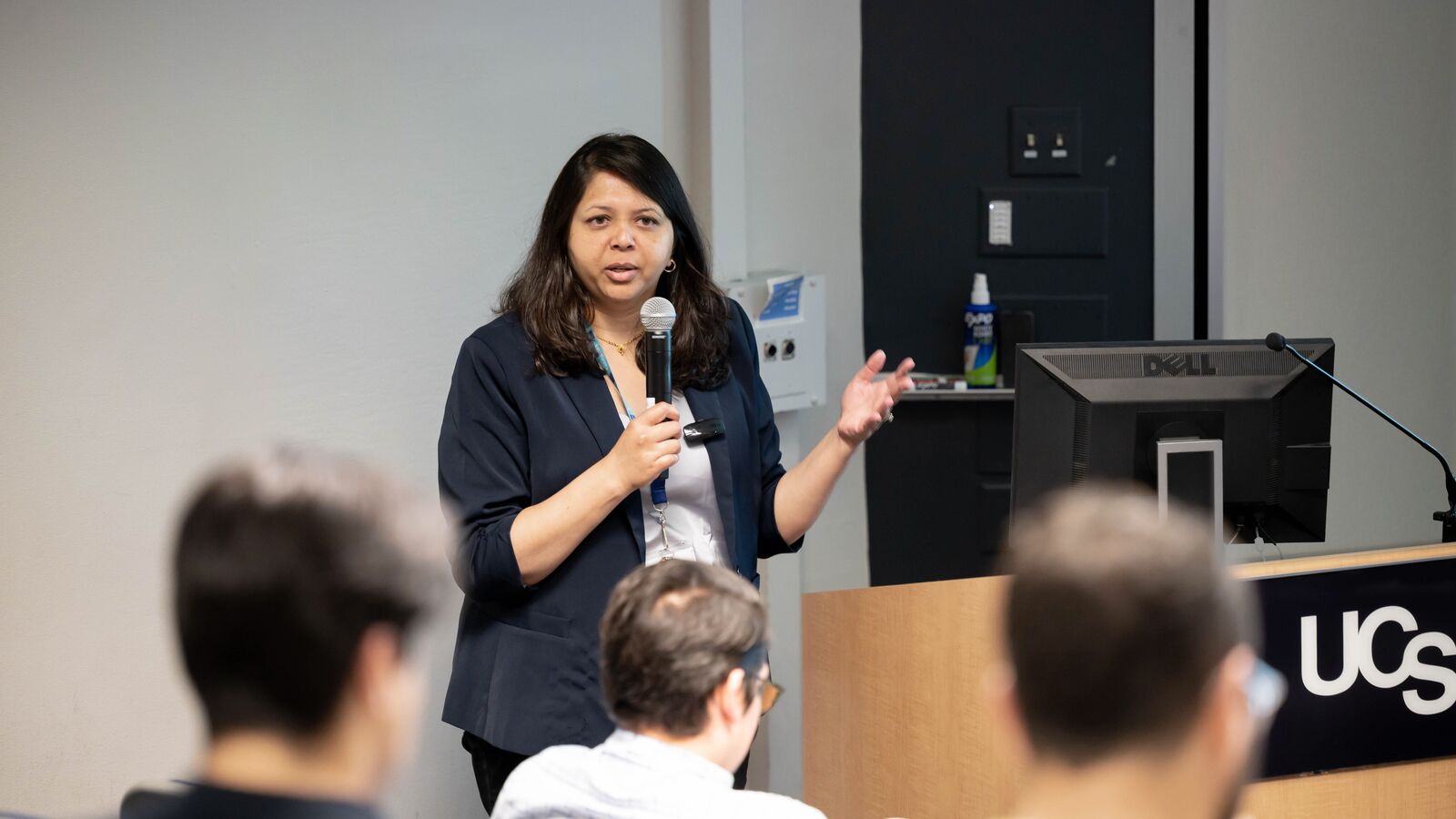 Our three-year training program includes two tracks: Research and Clinical Educator. The Research track is offered yearly, and the Clinical Educator track has two positions available every three years. Applicants are encouraged to apply to both tracks.
Our three-year training program includes two tracks: Research and Clinical Educator. The Research track is offered yearly, and the Clinical Educator track has two positions available every three years. Applicants are encouraged to apply to both tracks.
We have close ties to our communities in Oakland and San Francisco and local health departments, allowing for structured exploration of population health topics like HIV care, STI care, and TB care. We are also one of the top-funded public institutions by the NIH, and our fellows have contributed to diverse topics, including endemic fungal pathogenesis, bioinformatics, and STI prevention. With all UCSF has to offer, fellows can follow their passions to significantly impact children’s health.
How to Apply
Applications are processed through the Electronic Residency Application Service (ERAS). The application opens for fellowship positions in July.
In ERAS, the two tracks (Research and Clinician Educator) can be found by selecting “the University of California, San Francisco, School of Medicine” and then “University of California (San Francisco) Program”:
- The Research Track is offered yearly for those pursuing an academic career in pediatric infectious diseases with a focus on research. While funding is guaranteed throughout the three years of fellowship, we encourage fellows within this track to pursue independent funding for their second and third years of fellowship to prepare for their future careers.
- The Clinician Educator track has two positions available every three years, and it is for those focused on careers involving education, clinical operations, and quality improvement. Fellows within this track are fully funded for all three years of their fellowship. We can accept J1 visa holders on this track. (For H1-B visa inquiries, please contact the program coordinator directly.)
Applicants are encouraged to apply to both tracks. Only one interview day will be required.
Requirements
Applicants must have completed 2-3 years of training in an accredited residency program and be board-eligible in General Pediatrics.
Instructions
To apply, please submit a completed ERAS online application along with the following documents via the ERA system:
-
At least three letters of reference, including one from the residency program director.
-
MSPE (Medical Student Performance Evaluation) from your medical school and a medical school transcript.
-
Curriculum Vitae.
-
A personal statement describing your career goals and reasons for pursuing training in pediatric infectious diseases. Consider highlighting your future career aspirations within Pediatric Infectious Diseases.
-
Parts 1, 2 and 3 of the USMLE.
-
If you are a graduate of a medical school outside the United States, Canada, or Puerto Rico, a valid ECFMG certificate or one that does not expire prior to the start of the fellowship and evidence of previous training in the United States.
-
If you are not a citizen of the United States or a permanent resident, provide a copy of your current, appropriate visa. We can accept J-1 and H1-B visa applicants for the Clinician Educator track. (for H1-B visa inquiries, please contact the program coordinator directly).
Please email our Program Coordinator and Fellowship Director for questions regarding the program or application process.
Curriculum
We aim to provide trainees with skills to function independently in a tertiary care academic setting, managing general pediatric infectious disease conditions and specialized questions about the management of immunocompromised children. Clinical training occurs at UCSF Benioff Children’s Hospitals, which comprises two children’s hospitals in Oakland and San Francisco. We receive referrals and transfers from throughout northern and central California and offer a full spectrum of pediatric subspecialty care, including critical care, cardiothoracic surgery, as well as heart, liver, kidney, and bone marrow transplant services.
Clinical Schedule
The first year of fellowship focuses on clinical training at the two UCSF Benioff Children’s Hospitals. For about nine months, first-year fellows serve on the inpatient consult service with a team that includes medical students, residents, and, at times, a fellow in adult infectious disease. The first year of fellowship also includes half a day per week in our outpatient clinic, providing continuity of care for patients discharged from the hospital.
The second and third years include staffing one of the division’s outpatient clinics with an attending to gain greater autonomy as a pediatric infectious disease consultant. Second and third year fellows also serve 6 weeks of inpatient service.
Fellows also complete a series of subspecialty electives depending on their specific areas of interest, including UCSF Pediatric Immunology Program, our Pediatric HIV Clinic, the National Clinicians Consultation Center, the San Francisco Department of Public Health City Clinic, and the Tuberculosis Clinic at San Francisco Department of Public Health Tuberculosis Clinic.
Distribution of Rotations for First Year Fellows
-
Inpatient Consult service (San Francisco campus): 4.5 months
-
Inpatient Consult service (Oakland campus): 4.5 months
-
Outpatient Ambulatory Clinic: ~40 half-day clinics
-
Microbiology Rotation: 2 weeks
-
Vacation: 4 weeks
-
Research: 4 weeks
-
Orientation: 2 weeks
Educational Activities
We offer a comprehensive curriculum of conferences and activities that span all three fellow training years. This includes a lecture series of core topics, a weekly clinical conference, journal club, remote attendance of the adult ID grand rounds, and twice monthly rounds with the microbiology laboratory.
Each fellow also completes short rotations with the antibiotic stewardship and infection control programs, and one quality improvement project.
Research Activities
Each fellow’s individual professional goals determine the function of their research training. Fellows have access to the entire range of scientists and research programs at UCSF. Intradepartmental collaboration is a defining characteristic of UCSF, and we facilitate relationships for our trainees.
Recent research efforts by trainees have been in clinical and translational science, outcomes research, and molecular pathogenesis. While most research activity occurs on campus, we work to accommodate the travel necessary for international projects. UCSF offers a tremendous number and diversity of research opportunities for fellows, always ranking high nationally in total research funding received from the NIH. To learn more visit our dedicated research webpage.
Some fellows chose structured training programs like those offered in AIDS Prevention and Clinical Pharmacy Research. Fellows often take advantage of advanced training in biostatistics and research design in the UCSF Department of Epidemiology & Biostatistics. Additional core training for all fellows in the Department of Pediatrics is offered through the Fellow’s College program.
Program Leadership
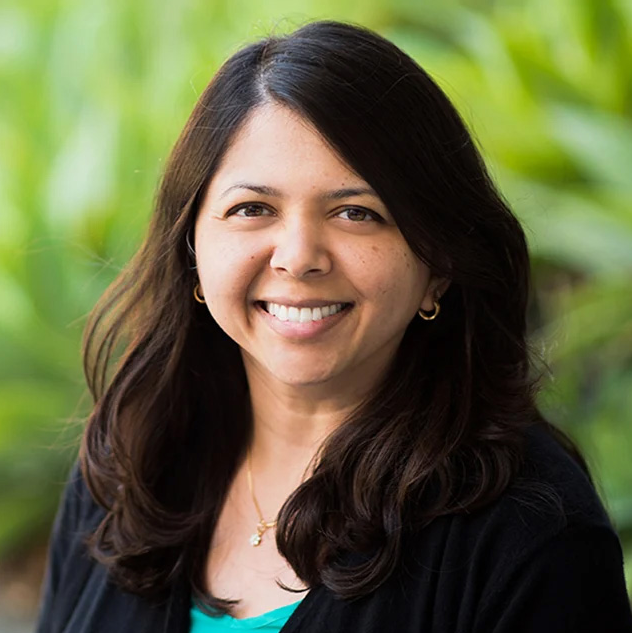
Manjiree Karandikar, MD, MBS
Program Director
[email protected]
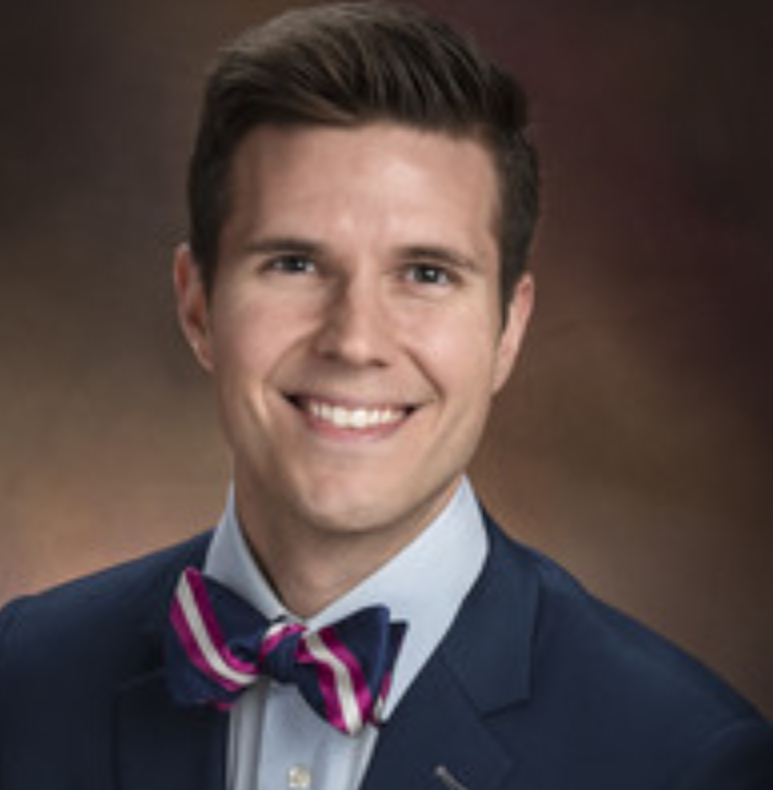
Alexander Newman, MD, MS
Associate Fellowship Director
[email protected]
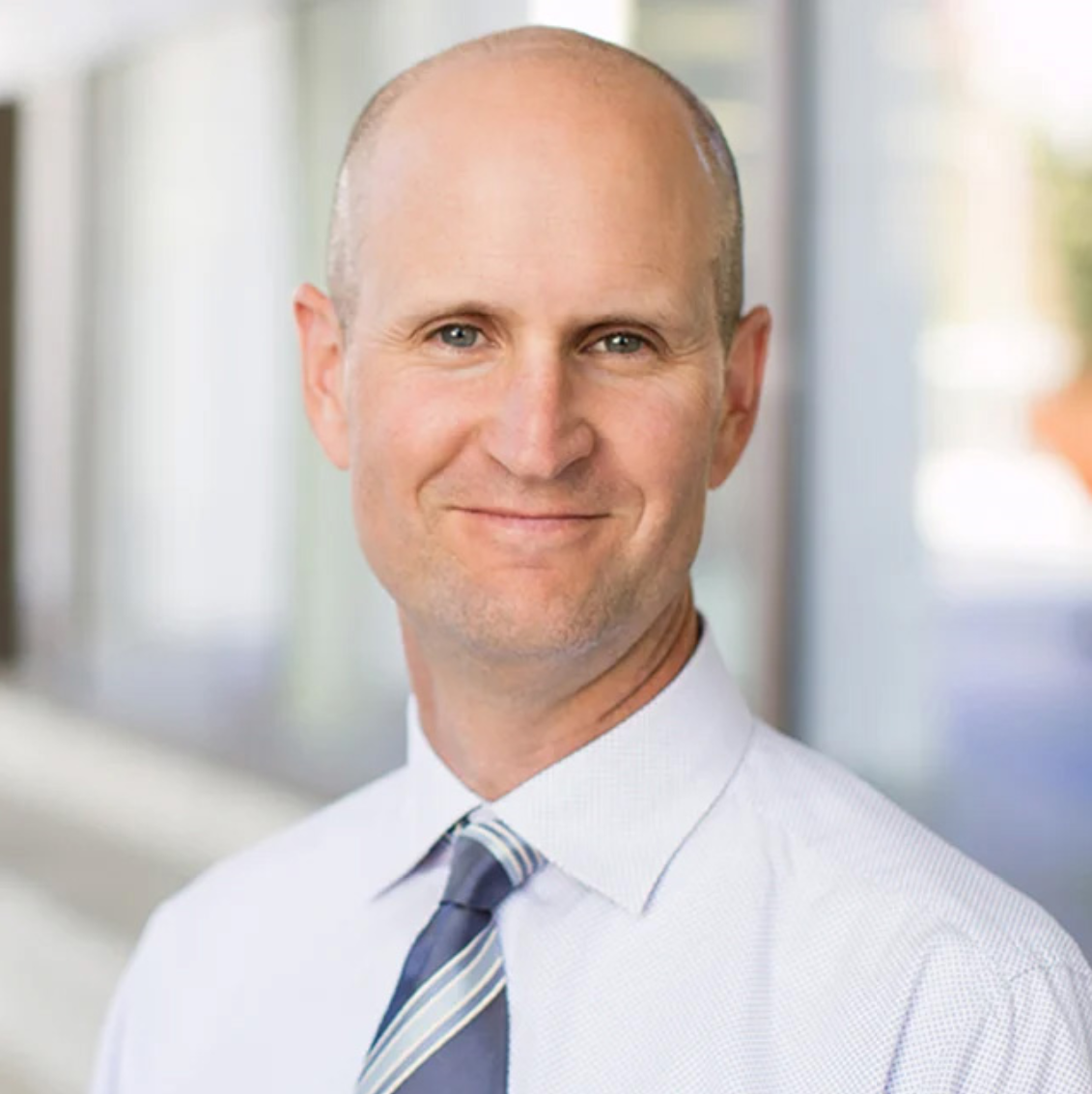
Ted Ruel, MD
Chief, Division of Infectious Diseases and Global Health
[email protected]
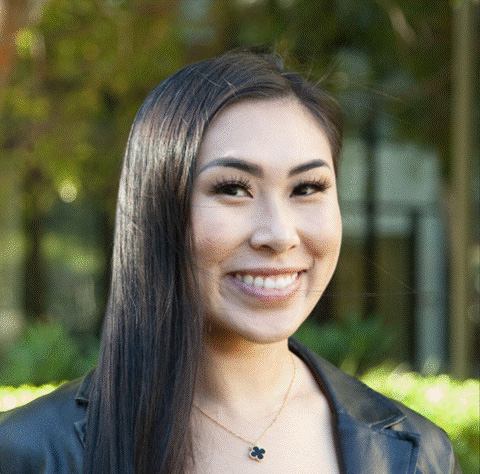
Catherine Le
Program Manager
[email protected]
Current Fellows
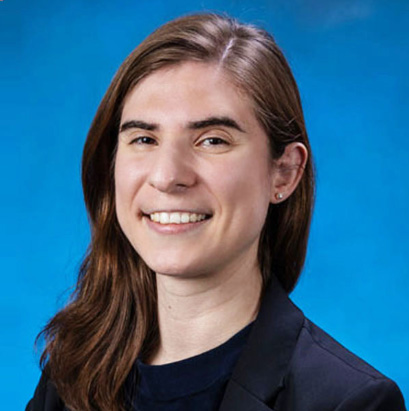
Evelyn Hoover, MD, PhD
Training period: 2025 - 2029
Medical School: University of California, Irvine
Residency: UCSF Benioff Children’s Hospital (Molecular Medicine Pathway)
Research Interests: Host-pathogen interactions in Histoplasma capsulatum
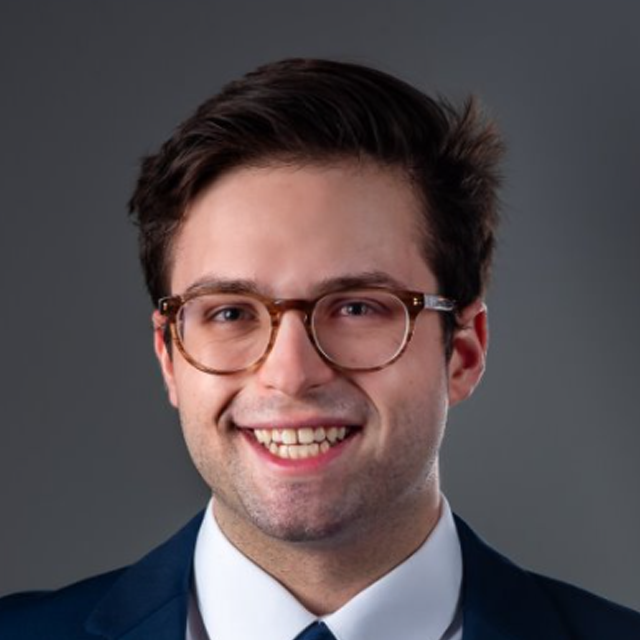
Brian Alloway, MD
Training period: 2024 - 2027
Medical School: University of South Florida Morsani College of Medicine
Residency: NYU Langone Health
Research Interests: Research on clinical outcomes in infectious disease, with a focus on perinatal and congenital infections
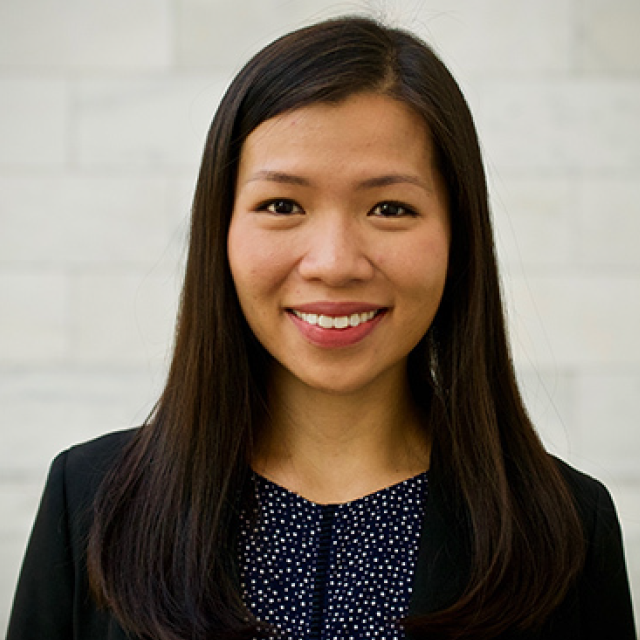
Anh Vo, MD
Training period: 2023 - 2026
Medical School: University of Tennessee Health Science Center College of Medicine
Residency: UCSF Benioff Children’s Hospital Oakland
Title of Research: Understanding antibiotic prescribing practices in the outpatient setting with the goal of improving outpatient antibiotic stewardship
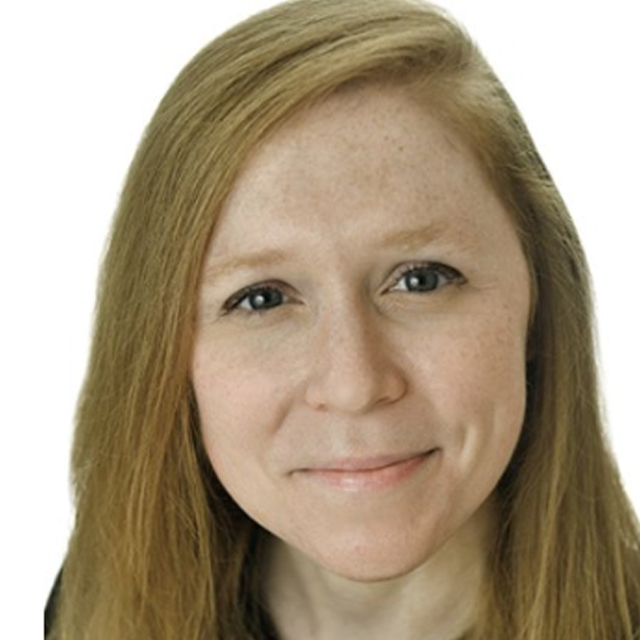
Amy Davis, MD, PhD
Training period: 2023 - 2027
Medical School: University of Pennsylvania
Residency: Children’s Hospital of Philadelphia
Research Interests: Maternal immune correlates of protection against in-utero transmission of CMV
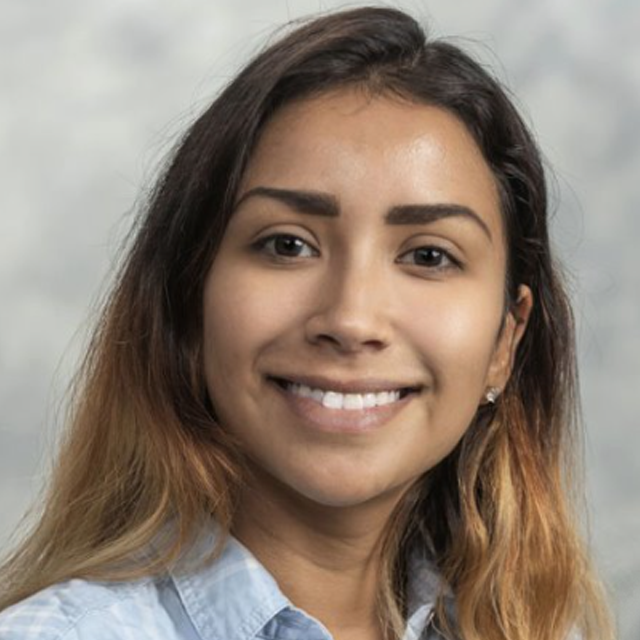
Julieta Rodriguez, MD
Training period: 2022 -2026
Medical School: Albany Medical College
Residency: Bay State Medical Center (Internal Medicine / General Pediatrics)
Title of Research: Retrospective analysis of dalbavancin use, rationale, and clinical outcomes in various infections including SSSI, bacteremia, septic arthritis, osteomyelitis, infective endocarditis at ZSFG, an urban safety net hospital
Recent Past Trainees
-
Victoria Chu, MD, MPH (2021–2024)
Medical School: University of California, San Francisco
Residency: Kaiser Permanente East Bay Pediatrics
Current Position: Faculty, Division of Pediatric Infectious Disease, UCSF Benioff Children’s Hospital -
Pamela Gangar, MD (2021–2024)
Medical School: Eastern Virginia Medical School
Residency: University of Arizona, Tucson
Current Position: Faculty, Division of Pediatric Infectious Disease, Children’s Hospital of Los Angeles -
Ryo Miyakawa, MD, MPH (2020–2023)
Medical School: Keio University School of Medicine
Residency: Ascension St. John Hospital Program
Current Position: Faculty, Weill Cornell College of Medicine -
Jane Symington, MD, PhD (2019–2022)
Medical School: Washington University in St. Louis
Residency: UCSF Benioff Children’s Hospital, San Francisco
Current Position: Faculty, Division of Pediatric Infectious Disease, UCSF Benioff Children’s Hospital -
Peter Cooch, MD, MPH (2018–2021)
Medical School: University of Vermont School of Medicine
Residency: UCSF Benioff Children’s Hospital, San Francisco
Current Position: Physician, Kaiser Permanente -
Devan Jaganath, MD, MPH (2017–2020)
Medical School: University of California, Los Angeles
Residency: Johns Hopkins Hospital
Current Position: Faculty, Division of Pediatric Infectious Disease, UCSF Benioff Children’s Hospital
